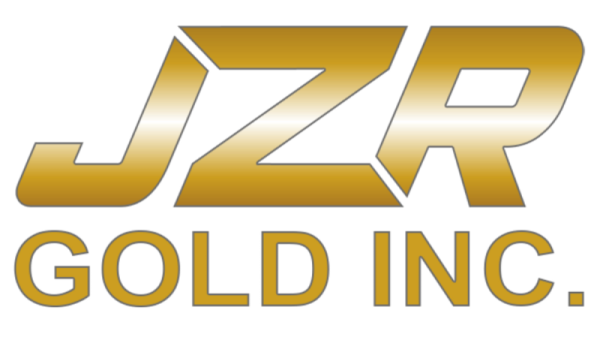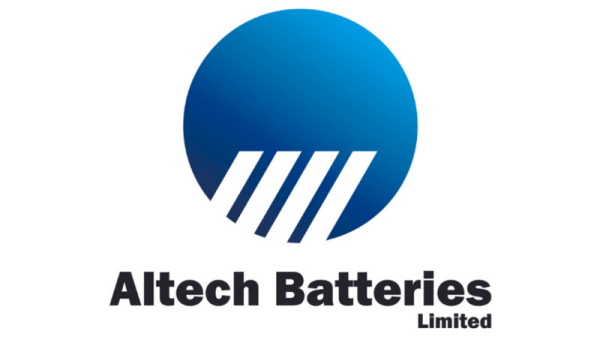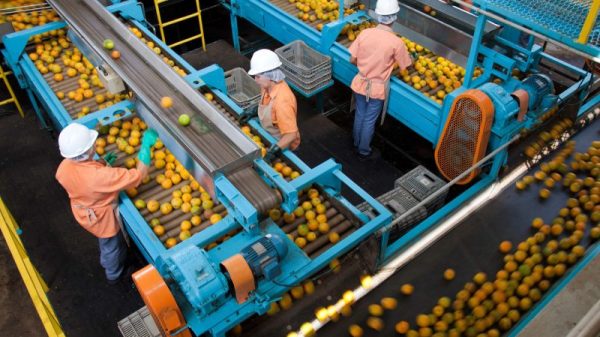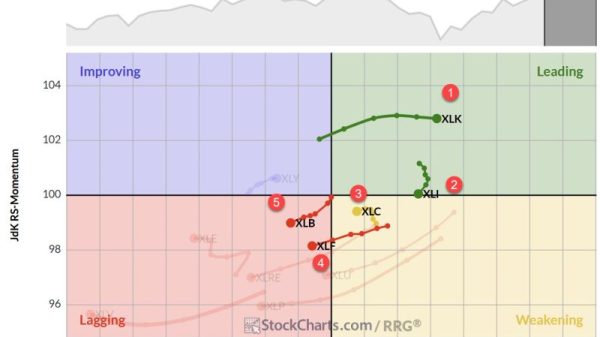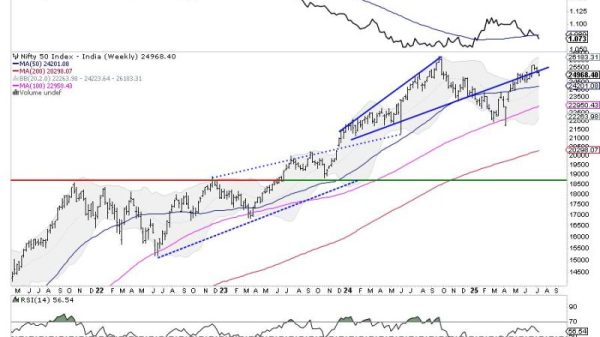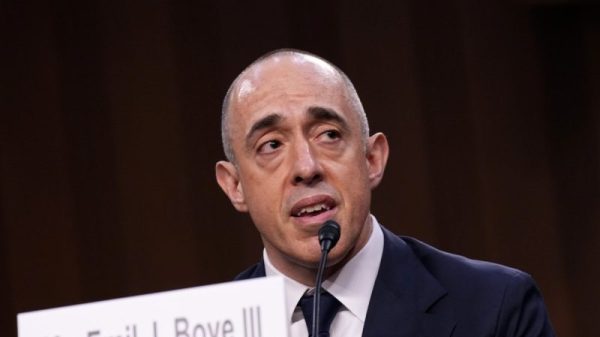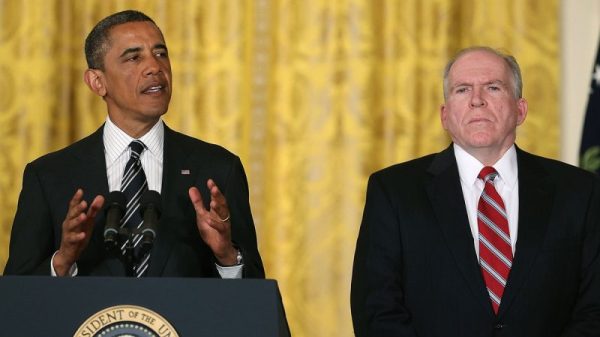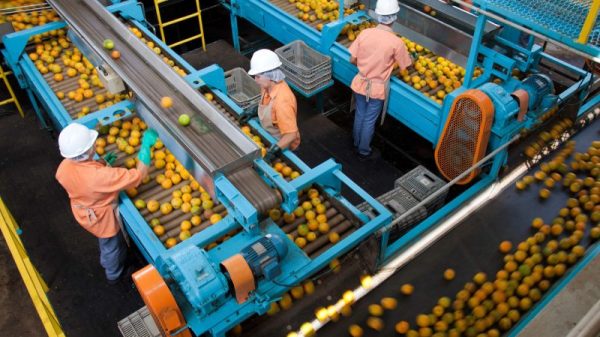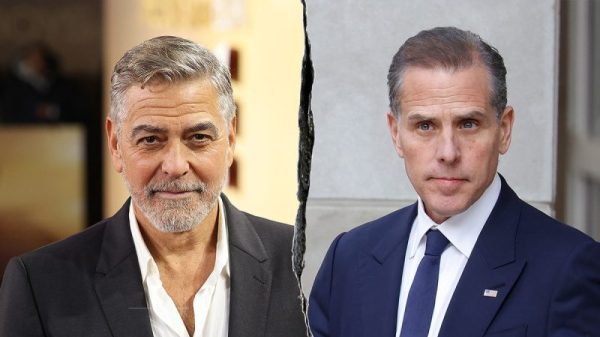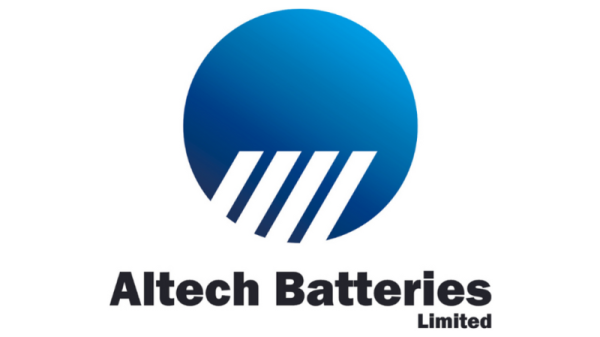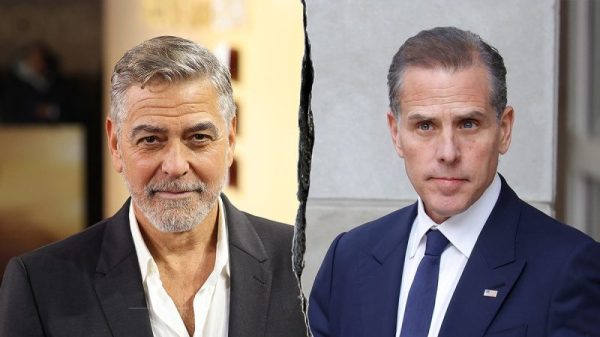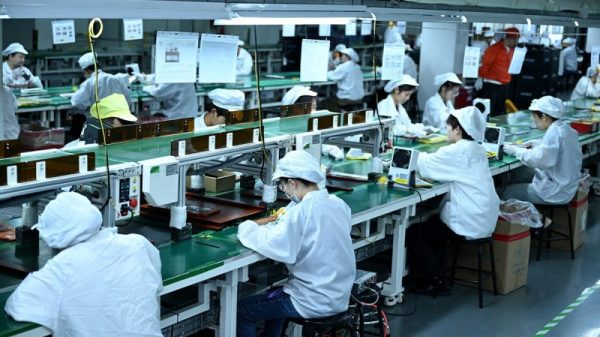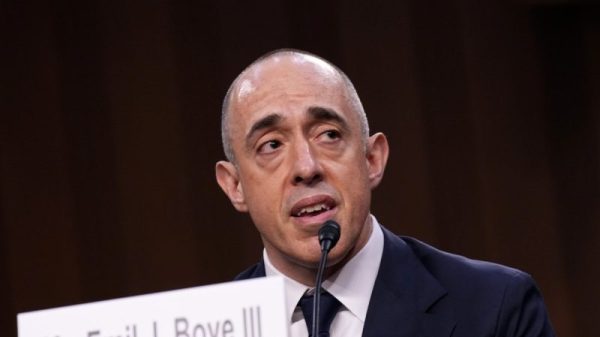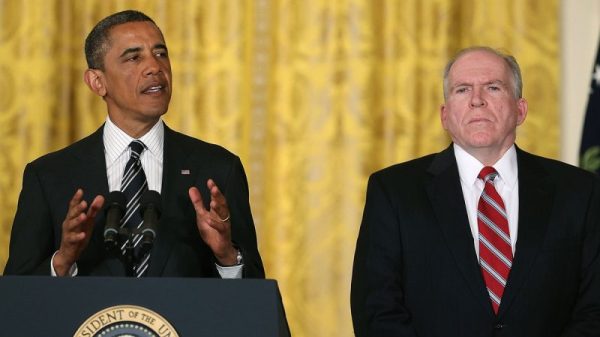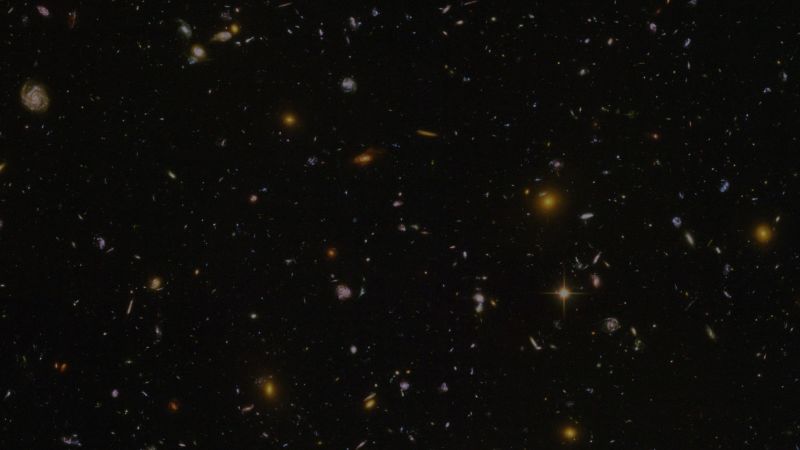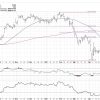Satellite television company Dish Network has been hit with a $150,000 fine for failing to properly dispose of one of its satellites, marking the first time federal regulators have issued such a penalty.
The Federal Communications Commission, which authorizes space-based telecom services, announced Monday that it settled an investigation into Dish, resulting in the fine and an “admission of liability” from the company.
“This marks a first in space debris enforcement by the Commission, which has stepped up its satellite policy efforts,” the FCC said in a news release.
Dish responded in a statement, saying the satellite at issue was “an older spacecraft (launched in 2002) that had been explicitly exempted from the FCC’s rule requiring a minimum disposal orbit.”
Dish also said the FCC made no claims that the satellite “poses any orbital debris safety concerns” and said the company has a “long track record of safely flying a large satellite fleet and takes seriously its responsibilities as an FCC licensee.”
Space debris is becoming an increasingly pressing issue for satellite operators. It’s estimated that there are nearly 700,000 pieces of uncontrolled garbage larger than 0.4 inch (1 centimeter) in Earth’s orbit.
The objects could pose a risk of colliding with active satellites, the International Space Station or other pieces of debris, further exacerbating the risk of in-space collisions. And, until recently, the satellite industry had largely been left to self-regulate its compliance with most stringent debris mitigation recommendations.
The FCC’s investigation into Dish centered on a satellite called EchoStar-7. It was launched to geostationary orbit — a field of space that begins about 22,000 miles (36,000 kilometers) above Earth — in 2002.
The FCC approved a decommissioning plan in 2012 to ensure the satellite would retire about 186 miles (300 kilometers) above its operational field — essentially putting the defunct satellite into a graveyard orbit where it wouldn’t pose a risk to other active satellites.
But, according to the FCC, Dish did not leave enough fuel on board the satellite to make that maneuver possible. And EchoStar-7 was instead left dead in an orbit only about 76 miles (122 kilometers) above the active areas in geostationary orbit.
“Orbital debris in space jeopardizes the nation’s terrestrial and space-based communication systems by increasing the risk of damage to satellite communications systems,” according to the FCC’s consent decree. “Therefore, it is important for the Commission to ensure that satellite licensees meet post-mission disposal requirements in a manner compliant with their authorizations.”
Geostationary orbit is located well above low-Earth orbit, the area of space that is home to the ISS and thousands of small satellites including SpaceX’s Starlink network, as well as most of the problematic space debris. But geostationary orbit remains home to large, expensive telecommunications satellites, such as those operated by Dish, Intelsat, SES and Viasat.


